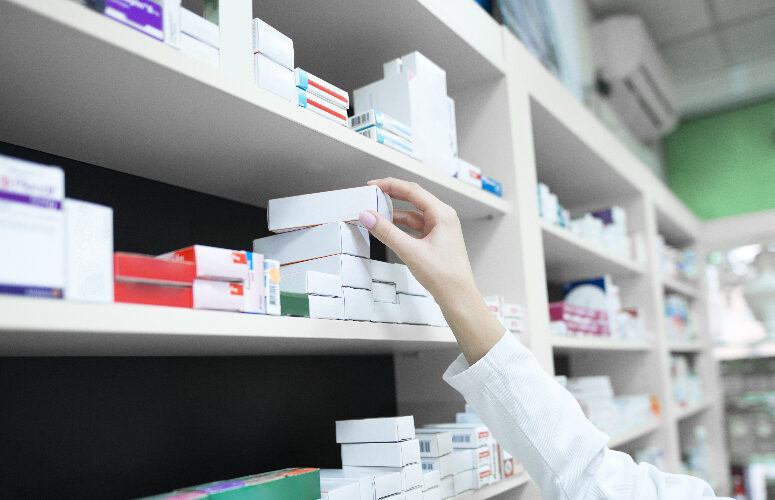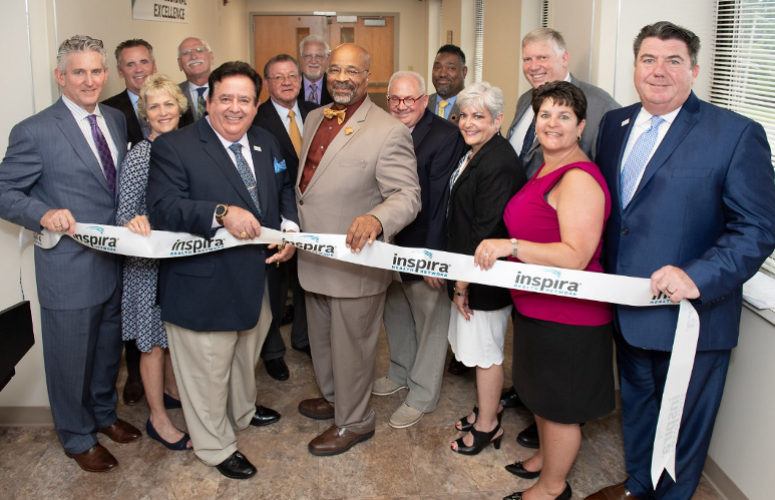
Murphy Highlights Prescription Drug Affordability Package
By Jim Pytell, Managing Editor On Feb 14, 2022Gov. Phil Murphy today highlighted a package of bills aimed at addressing the affordability of various prescription drugs at a press conference at the Willingboro Township Senior Citizen Center.
“We are putting affordability and price transparency across the entire prescription drug supply chain under the spotlight,” he said.
The plan includes capping the out-of-pocket cost to consumers for certain emergency drugs, specifically insulin, asthma inhalers and EpiPens.
“Under this proposal, anyone covered under a state regulated health plan, state health benefits or school employee health benefits plan, will be able to get a 30-day-supply of insulin for $35 or less; purchase EpiPens for $25 or less; and get asthma inhalers for $50 or less,” Murphy said.
He added that the bills include initiating a higher level of oversight over pharmacy benefit managers – the third-party companies who manage many prescription drug plants.
“We will prohibit some of the bad practices that drive costs up,” he said.
Additionally, a new system will be created to collect, analyze and report on the process of drug pricing across the entire supply chain. This includes manufacturers, distributors, pharmacy benefit managers, and insurance carriers.
Murphy also added that the Department of Human Services NJ Family Care Program will join a multi-state purchasing pool to negotiate more competitive drug prices.
“With these efforts, we will join the growing number of states that are saying enough is enough when it comes to rising drug costs by taking a long look under the hood of the entire process – and then fixing what needs to be fixed,” Murphy said.
NJBIA has been opposing bill A-1747, which calls for the establishment of a Prescription Drug Affordability Board. It was released by the Assembly Financial Institutions Committee by a narrow margin last week.
NJBIA Chief Government Affairs Officer Chrissy Buteas said that while the legislation may be well intentioned, it is the wrong way to address patient out-of-pocket drug costs.
“Addressing pricing of healthcare is much more complex than setting a mechanism to establish price controls for one segment of a multi-level sector,” Buteas said. “New Jersey is instead sending a message to R&D companies that there are much more attractive states to invest in. That’s exactly what we don’t need.”
Buteas also added that the bill runs counter to Gov. Murphy’s vision – shared by NJBIA – to have New Jersey reclaim its role as the innovation state.
“We know for a fact that New Jersey already lags our regional competitors in critical indicators of innovation,” Buteas said. “We know that setting artificial price controls will result in an eventual decline in investment. And we know how important the pharmaceutical industry is to New Jersey’s economy.
For all of these reasons, we oppose this bill that takes a punitive approach to pharma companies that will inhibit private investment and research needed by the industry.”
To access more business news, visit NJB News Now.
Related Articles:





